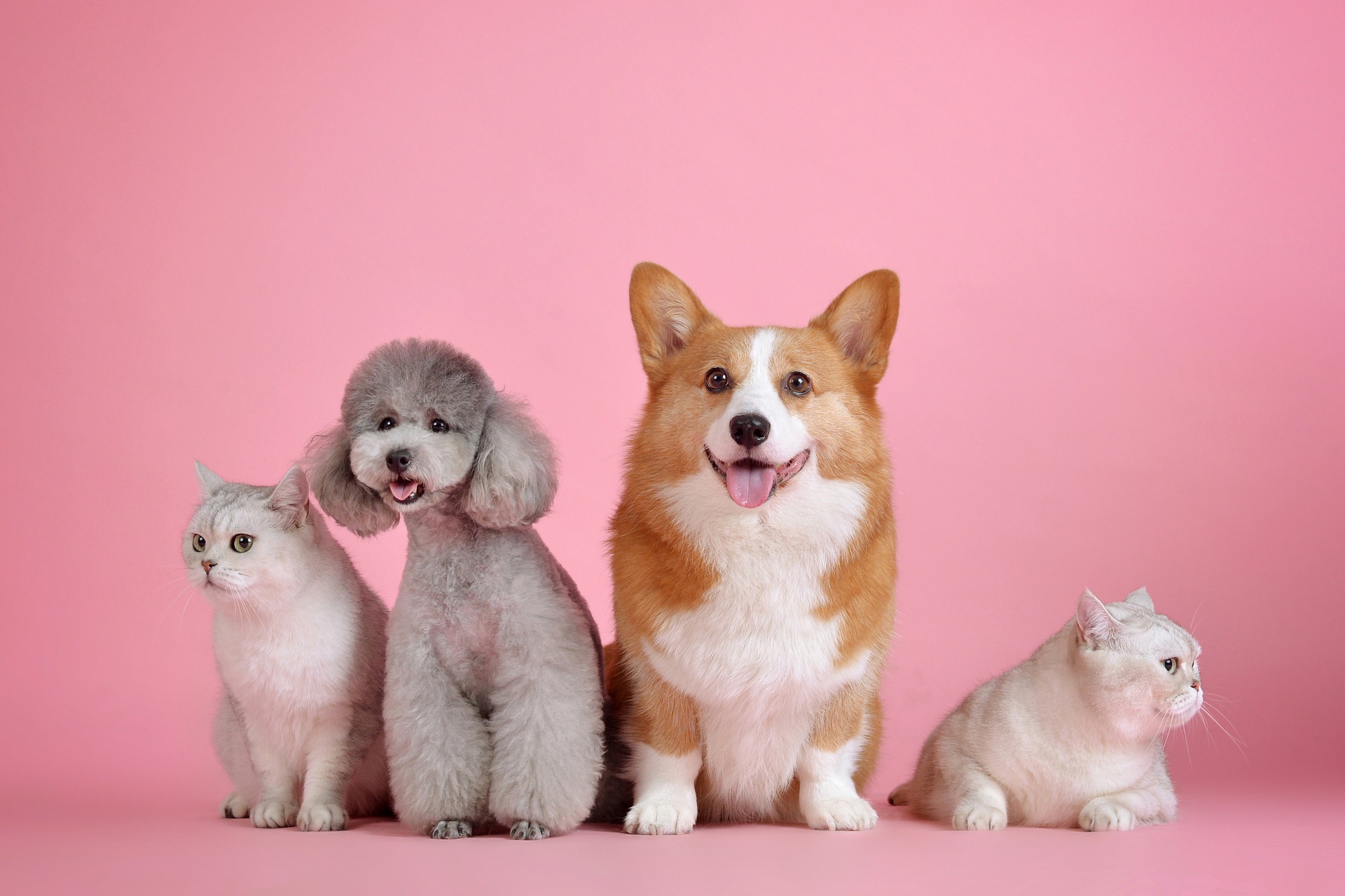How to Calm Down a Disobedient Dog

Dogs make great pets, but a disobedient dog can be tough to handle. If your dog ignores commands, jumps on guests, or causes trouble unexpectedly, it’s important to manage their behaviour. Understanding why they misbehave helps you find better solutions. This journey requires patience and a gentle touch.
Let’s look at ways to calm a disobedient dog and restore peace in your home.
Understanding Triggers
The first step in managing a disobedient dog is identifying what triggers their behaviour. Every dog has a unique personality and different circumstances. Some dogs get overly excited by visitors or loud noises, while others may react out of fear or anxiety. By watching how your dog behaves in various situations, you can identify specific triggers. Once you understand them, you can employ strategies to minimize these triggers and create a calmer environment for both of you.
Understanding what bothers your dog opens effective training methods. For example, if your dog becomes overly excited when someone knocks on the door, you can practice calm greetings to help reduce their anxiety and improve their behaviour. Small changes in routine or environment can also help.
Positive Reinforcement
Positive reinforcement is a strong method for training dogs. This approach rewards good behaviour rather than punishing bad behaviour. When your dog follows a command or behaves well, reward them right away with praise or a treat. This helps them connect good actions with positive results, leading to a better-behaved dog.
For instance, if your dog sits quietly when guests arrive, give them a treat or praise to reinforce that behaviour. Consistency is key. Everyone in your household should follow the same training plan. This clear approach reduces confusion for your dog and helps them learn more quickly. Keep training sessions short and frequent, allowing your dog to experience success and encouragement.
Nutrition
Surprisingly, your dog’s diet can affect their behaviour. Good-quality brands like Open Farm dog food are vital for their health and can change their mood and energy levels. Dogs on balanced diets tend to be calmer and easier to train. Provide meals that include essential vitamins and minerals to support better cognitive function and emotional well-being.
Feeding your dog on a regular schedule helps manage their energy. Avoid overfeeding or giving too many treats to create a healthier environment. If your dog appears restless or hyper, it might be time to evaluate their diet to ensure it meets their needs. A thoughtful diet not only nourishes your dog’s body but also supports their overall well-being.
Setting Boundaries
Clear boundaries help keep dogs well-behaved. Dogs do better in environments where they understand their limits. Set rules about where they can go in the house, what they can chew, and how they should behave around guests. Communicate these boundaries consistently and reinforce them when your dog follows the rules.
Crate training can also help. A crate can be a safe space for your dog, providing them with security while also establishing boundaries. Ensure your dog views this space as a cozy retreat, not a punishment. Knowing their boundaries helps dogs feel secure, which often leads to calmer behaviour.
Exercising Patience
Building a trusting relationship with your dog takes time, so patience is essential. Your dog won’t learn to obey overnight. It’s a slow process that requires commitment. Celebrate small wins, such as your dog following a command or remaining calm around distractions. Each success boosts your dog’s confidence, encouraging better behaviour over time.
Establishing a daily routine that includes exercise can also help reduce disobedience. Regular walks or playtime let your dog release energy and explore their surroundings. A tired dog is often a calmer dog, so spending time on exercise is just as important as training.
Professional Guidance
If your dog continues to struggle with disobedience despite your efforts, consider seeking professional help. Trainers can provide techniques and insights tailored to your dog’s needs. Group training classes can also help your dog socialize and learn to interact positively with other dogs and people.
It’s never too late to improve your dog’s behaviour. The journey requires teamwork, understanding, and encouragement. Dogs respond well to love and care, and when you show these traits, disobedience can turn into a joyful companionship.
With effort and dedication, you can calm a disobedient dog. This process also strengthens the bond between you and your furry friend, leading to a happy and harmonious relationship.





